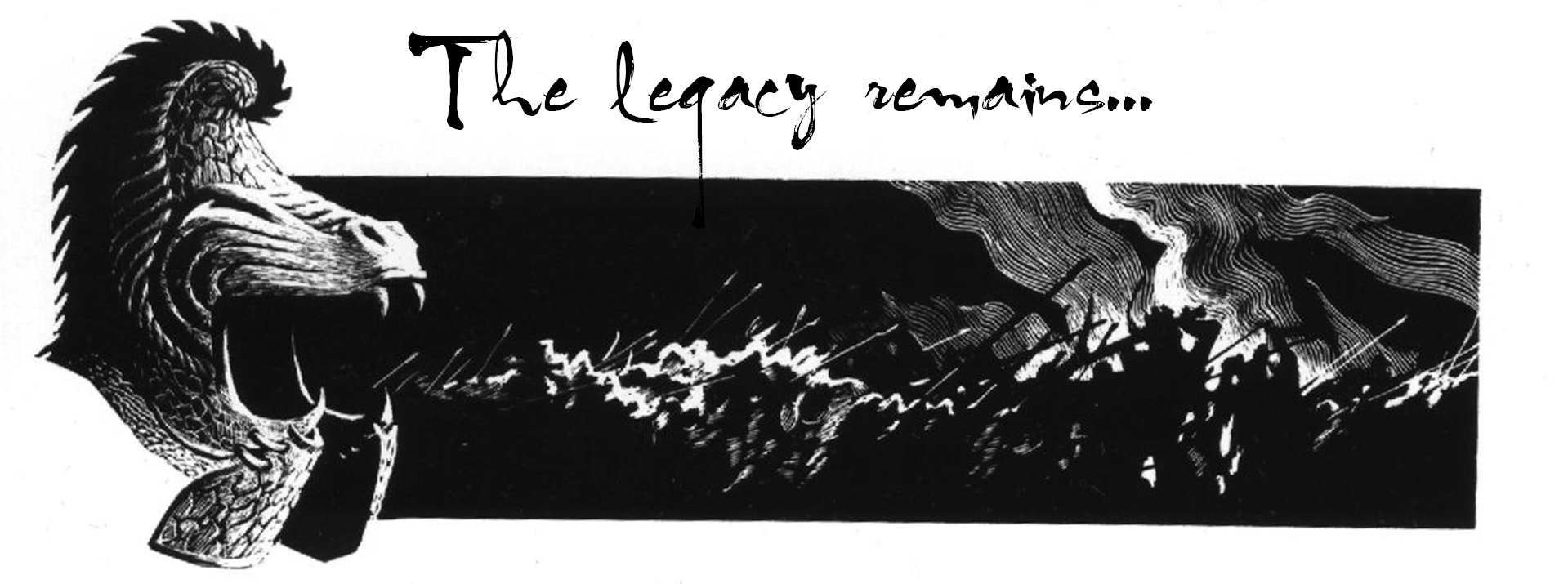
Did you know that Tolkien was an accomplished polyglot? He is purported to have spoken at least 8 languages. He said of Finnish that: "It was like discovering a wine-cellar filled with bottles of amazing wine of a kind and flavour never tasted before. It quite intoxicated me." The passion dripping from his words is evident. So it’s no wonder that he imbued Finnish into his creations. Quenya, one of the elvish languages, contains striking similarities: Quenya → Finnish anta → antaa (to give) hala → kala (small fish/fish) kulda → kulta (gold) lapse → lapsi (babe/child) rauta → rauta (metal/iron)

So How Did Tolkien Learn Languages?
Reading languages worked for Tolkien. Writing languages worked for Tolkien. However, speaking and listening… It’s not so clear. In fact he never spoke most of them, because they were already dead. He was a professor of Anglo-Saxon at Oxford University and thus read Old English. He was also very competent in reading Middle English, Old Norse, Old German, Old Irish, and Old Welsh. His earlier statement about Finnish could be put to scrutiny when you consider that he never actually visited Finland. He compared himself to a hobbit, never travelling, content inside his hobbit hole.
Words were both Tolkien’s route into language and his legacy

Tolkien’s approach makes me reassess why I am learning Chinese. Goals have always been so unnecessary for me because I haven’t had to think about why I’m learning Chinese. I began the moment I landed in China, out of a simple desire to communicate. Now I realise how dangerous that could have been. It would have been so easy to become disconnected with the language once I could have a simple, but effective conversation. Or once I realised that most of the friends I found myself making spoke better English than I did Chinese. Yet when I look at my self-study, everything is centered around the written language. Short stories in Chinese, flashcards, researching character origins, dead characters, intriguing character anecdotes. Even with the YouTube films that I make with Ella, I do most of my learning during the subtitling process. Communication was why I began learning Chinese, but my love of the characters is how I have continued to remain passionate. As Tolkien puts it, "No language is studied merely as an aid to other purposes. It will in fact better serve other purposes, philological or historical, when it is studied for love, for itself." This is Tolkien’s language learning secret. Though a little flowery, it rings true for me. Language will serve many other purposes when it is studied for love of the language itself.
Tolkien's Language Learning Secret
Love brings passion and motivation. Learning is not a chore, it’s an adventure. It’s exciting and fun. It also means that despite external factors, your drive to continue studying will remain. If my goal is to "learn Chinese” then maybe when I discover there are 3000 Chinese characters in daily use, I’ll lose a little hope. Maybe when I learn that there are thousands of common 成语’s (chéngyǔ, idiom) in daily use, I would start to compare how far I’ve come to the distance I still need to travel. When I eventually move back out of China, maybe I would lose motivation entirely, because I wouldn’t have a constant external stimulus.
Ask yourself:

Because this could be the thing that decides whether or not you disconnect with the language. Maybe it's the reason you’re already beginning to feel hopeless or like you’re not making progress. When I started, I would have answered this with something like "To talk to and understand people around me."
A more Tolkien-esque question might be:

These days I’d tell you, "The history of the formation of characters which most people ignore. The satisfaction of understanding symbols that were at first so alien to me. The way that knowing the language has introduced me to fascinating new subjects like the Lo Shu Square, the Wu Xing, and the Yi Ching." Sure, this answer might change over time, but it’s not going to change based on my location, the people in my life, or how motivated I feel to put in study time on a given day. There’s no point in writing out 30 characters every morning if one day you wake up and forget why you were writing them. If you wake up and write 30 characters every morning because "The act of inking strokes onto a page puts me into a quiet, meditative state and seeing the composition of my characters improve makes me smile" then you’re onto a winner. You can take this mental exercise a step further if you want to. Break this down into the four aspects of language learning and jot down your thoughts. I’ll list a few examples, as prompts to find your own.
What do you love about the Chinese language?
Speaking - How exotic it feels to wrap the unusual sounds around your mouth.
Listening - The way the tones roll into each other so melodically.
Reading - How you can learn to see "scribbles" for what they are.
Writing - Recognising the connection between the different compounds within complex characters.
Does Tolkien’s wisdom ring true for you? I hope it can help you continue to be motivated on your Chinese learning adventure. For more Chinese learning inspiration, check out our YouTube channel. Or, get more Chinese learning tips straight to you inbox by Clicking here. Read on here:
